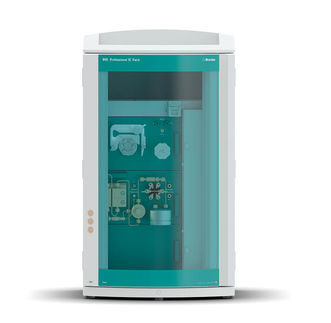To use all functions of this page, please activate cookies in your browser.
my.chemeurope.com
With an accout for my.chemeurope.com you can always see everything at a glance – and you can configure your own website and individual newsletter.
- My watch list
- My saved searches
- My saved topics
- My newsletter
AntipyreticAntipyretics are drugs that reduce body temperature in situations such as fever.[1] However, they will not affect the normal body temperature if one does not have fever. Product highlightAntipyretics cause the hypothalamus to override an interleukin-induced increase in temperature. The body will then work to lower the temperature and the result is a reduction in fever. Most are also used for other purposes. For example, the most common antipyretics in the United States are aspirin and paracetamol (acetaminophen), which are used primarily as pain relievers. NSAIDs are antipyretic, anti-inflammatory, and pain relievers. There is some debate over the appropriate use of such medications: fever is part of the body's immune response to infection. Herbal remedies with a fever-reducing effect are called febrifuges, and include catnip, chamomile, sage and yarrow. However, the term febrifuge can also refer to a refrigerant, such as topical alcohol, which cools the body by physically removing heat rather than modifying the body's responses. This is not recommended now because alcohol can be transferred through the skin and affect the liver. In addition, alcohol slightly raises the body temperature before it brings it down, which, if the fever is already very high could cause permanent damage.[citation needed]. References
|
||
| This article is licensed under the GNU Free Documentation License. It uses material from the Wikipedia article "Antipyretic". A list of authors is available in Wikipedia. |







